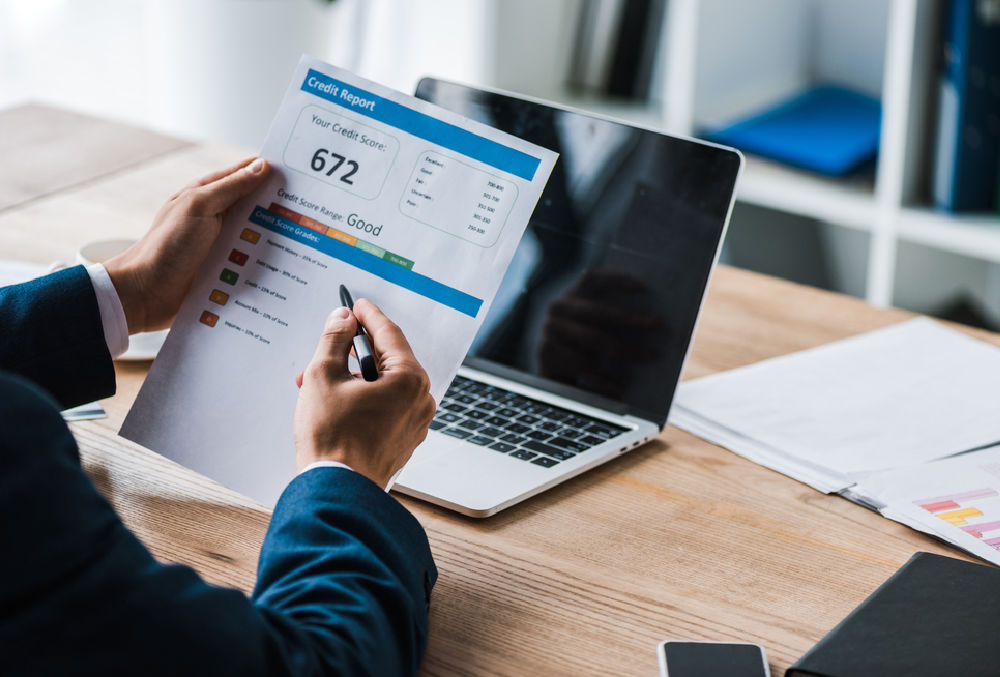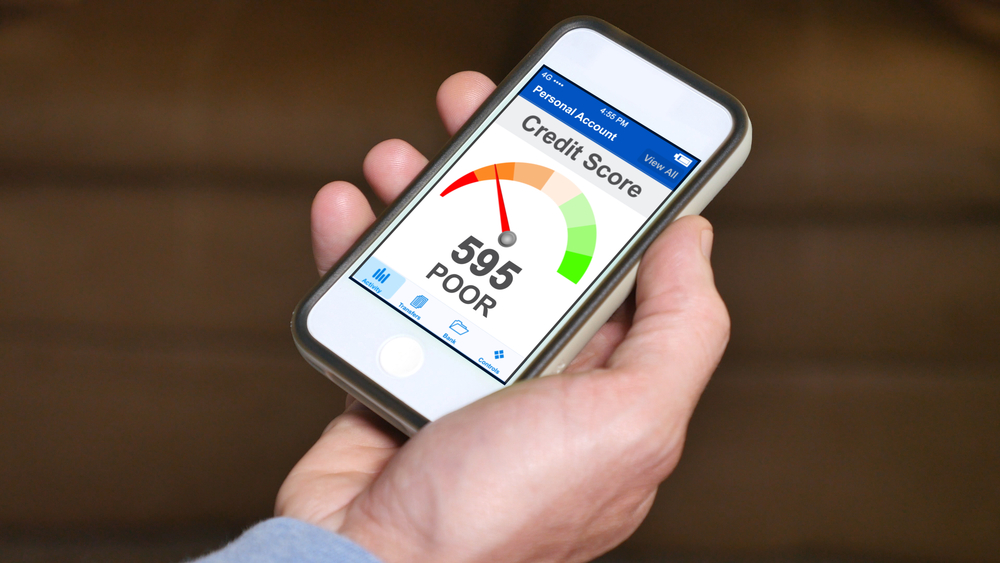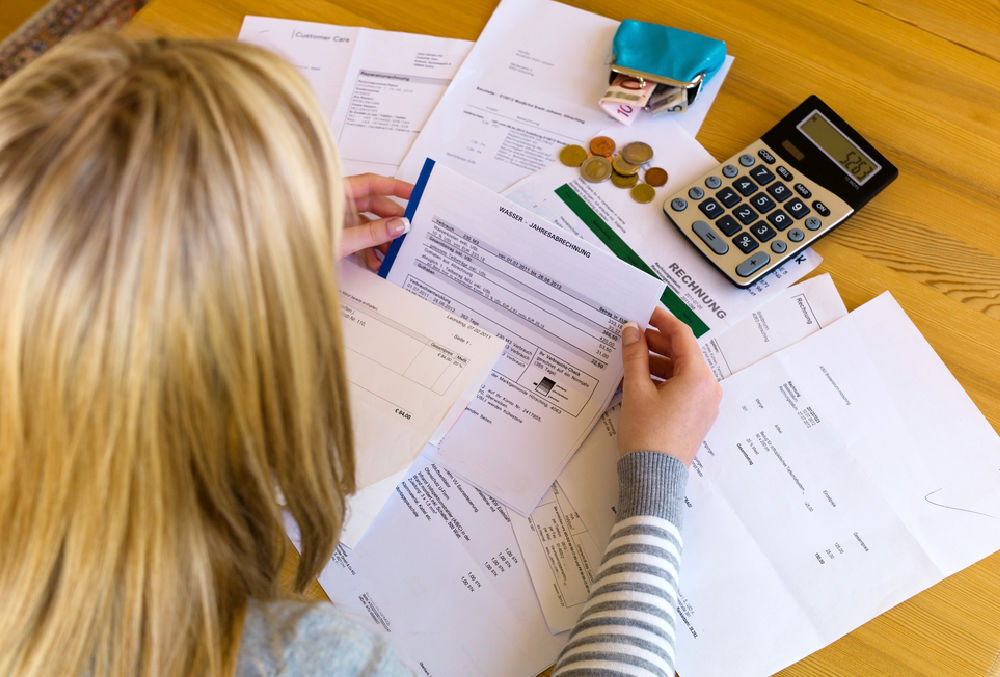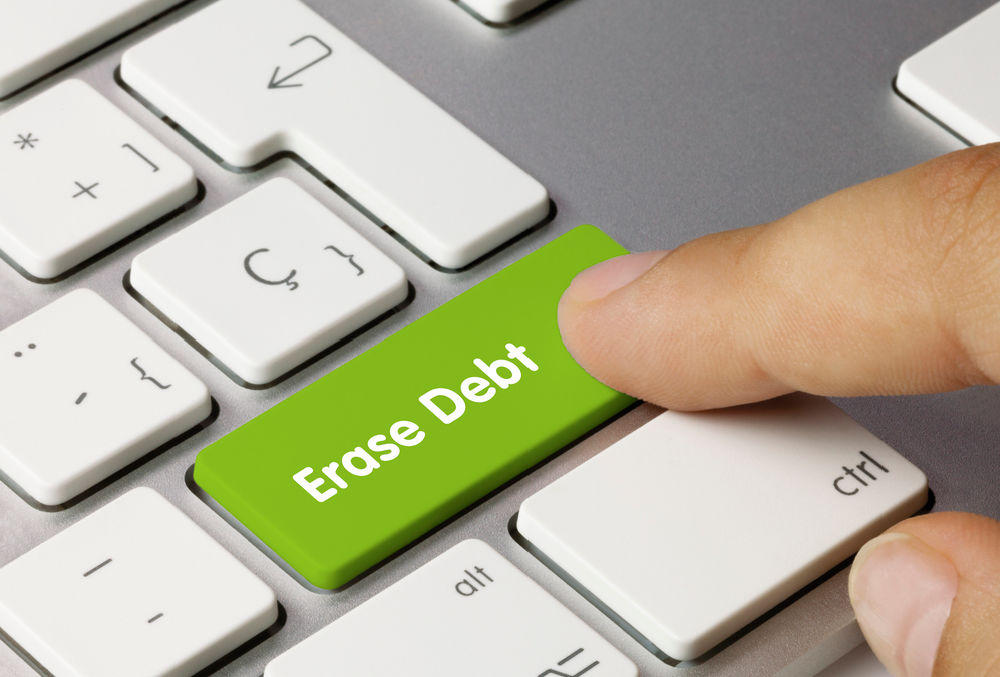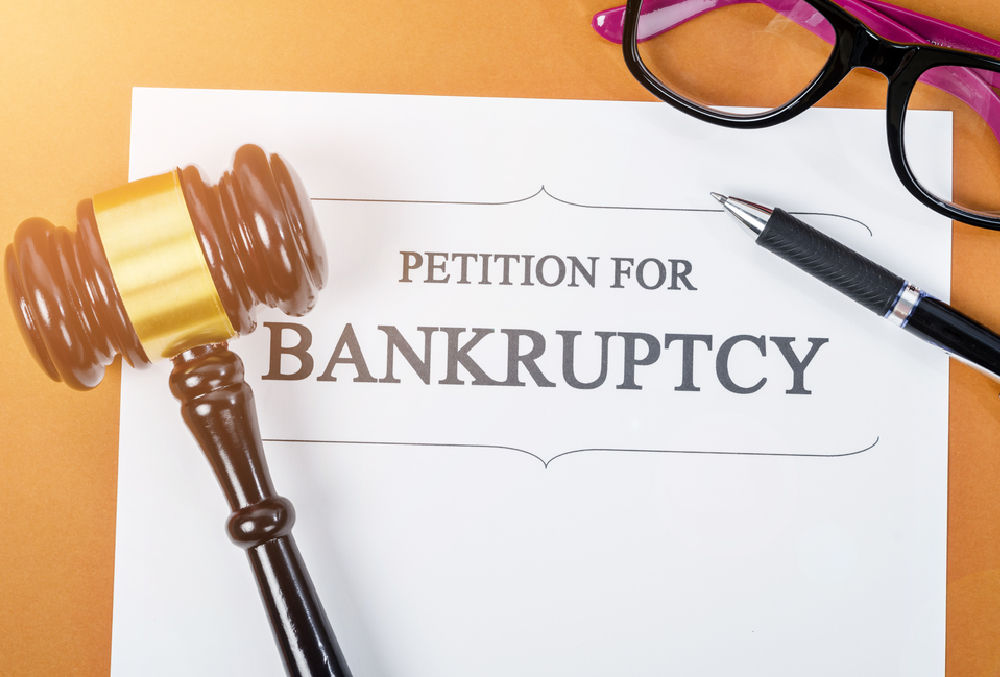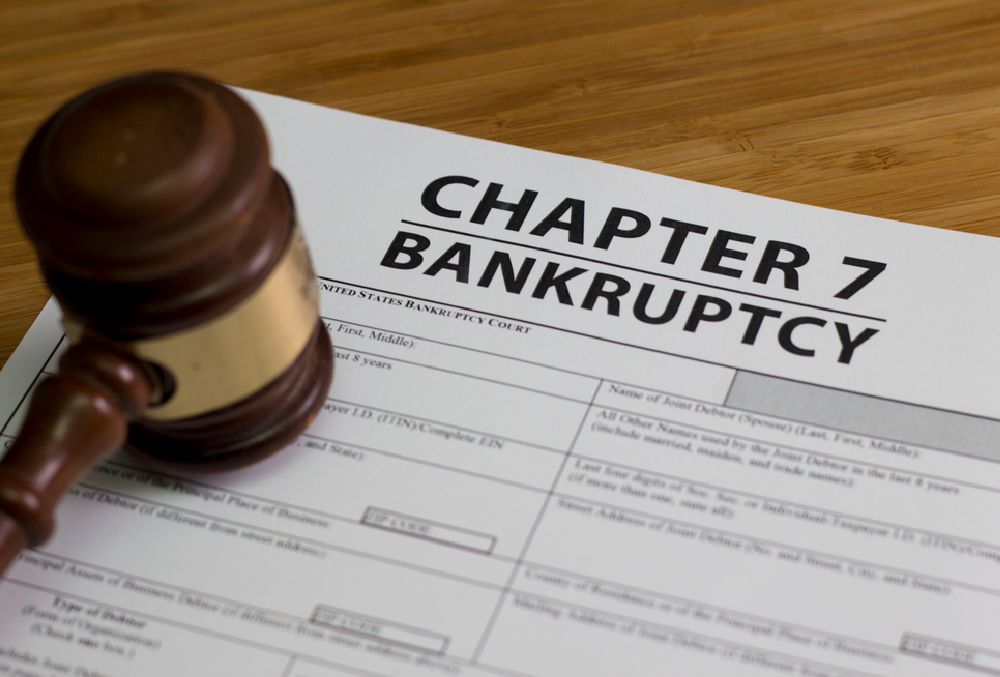Tricks to Know When Trying to Improve Your Credit Score
Though bankruptcy is often one of the best ways to get out of debt, it can damage your credit score after filing. However, despite what many believe, this is not a permanent situation, and you can regain good standing with your credit. There are tricks to know though when trying to improve your credit score. … Read More

